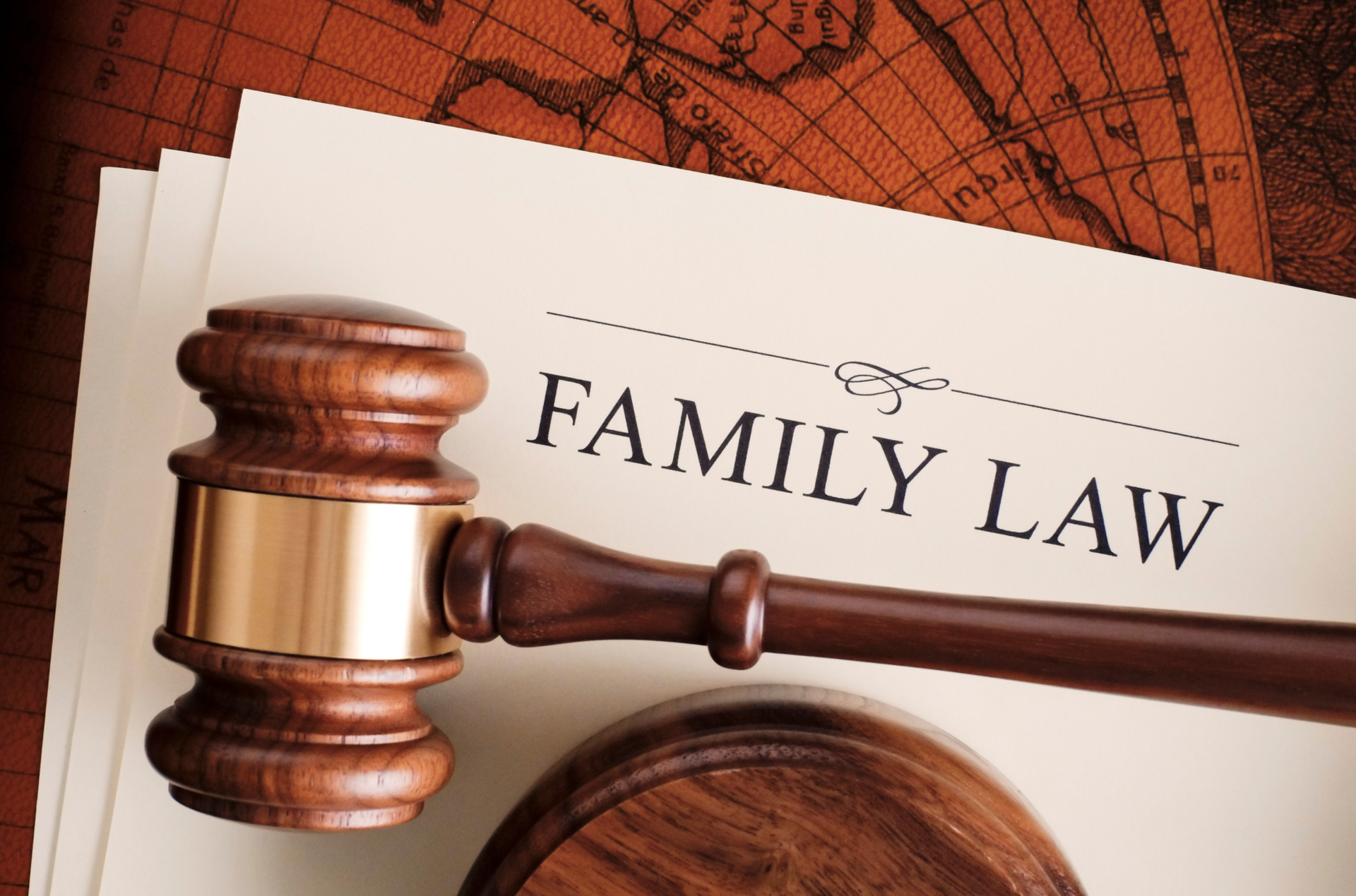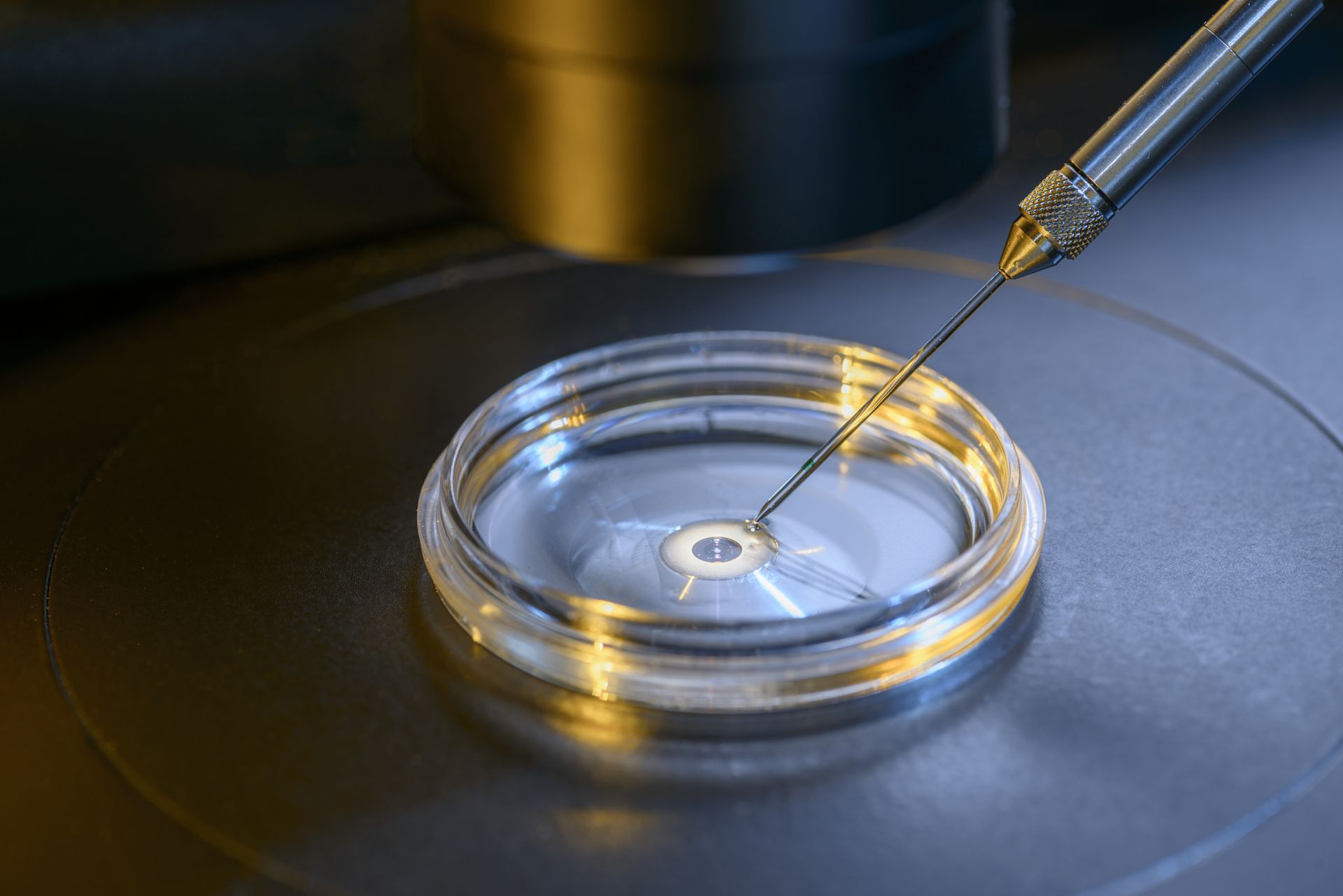Egg Donation: 10 FAQs
Wonderig about the egg donation process? Here are the most common questions we receive.
1. Where do egg donors come from?
Egg donors are generally aged 18-25 and volunteer to support an established egg donation program at a fertility clinic. Egg donors are self-selecting, but each clinic and program will have its own standards to ensure the health of eggs and their donors. Egg donors undergo significant medical screening.
2. What specific screening do egg donors go through?
While the details can vary, there are some forms of medical screening virtually all egg donors will go through. This includes a full examination, blood test, reproductive health screening, STD and drug testing, and psychological counseling. As the recipient, you may verify that any desired testing was done.
3. Do egg donors get paid?
Egg donors usually receive some form of compensation from the clinic or program they support. They do not get paid by the person or couple ultimately receiving the eggs. In addition to cash compensation, they’ll often receive free medical testing they can use as part of their own medical record.
4. Does the success rate for donated eggs vary according to the recipient’s age?
As a woman ages, her odds of pregnancy decrease largely due to hormonal changes and changes in her eggs. When donor eggs are used, the recipient’s age becomes a much smaller factor. Assuming a healthy uterus, donor eggs can be used at a wide range of ages. The typical upper limit is 55.
5. What information does the egg donor have about the recipient?
Virtually all egg donation is performed anonymously. This is very different from, for example, employing a surrogate to carry a child to term – a process that requires a detailed contract all parties agree to. An anonymous egg donor retains no legal rights over the eggs and almost never has recipient information.
6. What information does the recipient have about the egg donor?
Egg donation recipients will receive detailed information about the donor’s medical status to inform the recipient’s pre-natal treatment and fertility care. In addition to all relevant medical data, this usually includes photos of the donor.
7. What is a directed donation?
A directed donation is an egg donation or sperm donation where the recipient and donor know each other. The donor agrees to make the donation for the specific purpose of helping the recipient, usually a long-time friend. Medically, the process of directed donation is identical to anonymous donation.
8. How are donor eggs used?
Donor eggs are generally used in the context of in vitro fertilization (IVF). In IVF, collected eggs are fertilized by sperm in a lab. The sperm may be from the male partner in a couple or from another donor. The fertilized embryo is then transferred to the female partner’s uterus. Pregnancy then proceeds as usual.
9. How is the recipient’s menstrual cycle harmonized with the donor’s?
Hormonal medication may be prescribed to the recipient to help ensure that she is ready to receive the donated eggs at the appropriate time. Likewise, egg donors will usually be prescribed some hormonal medication to stimulate the ovaries and ensure a sufficient number of eggs are available.
10. Can eggs be frozen?
Eggs can be frozen for long-term use. This is often done during IVF procedures because not all eggs will be needed in a given IVF cycle, especially if the donor has produced many eggs. The freezing process can be challenging, but eggs that survive can be frozen 8-10 years.
Contact Modern Family Formation to find out more about your options in Washington DC, Maryland, and Virginia.












